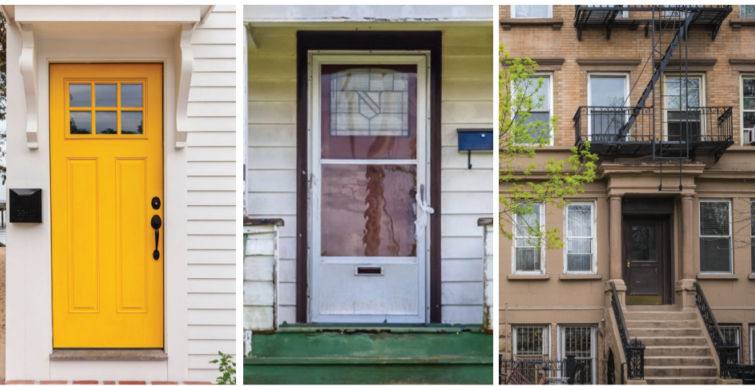On Monday, Atlanta City Council passed (13-2) an ordinance to create a new protected class (voucher-recipient) that it’s illegal to discriminate against on that basis (like race and religion). The expansion of protected classes conflicts with state law, but the measure was heralded by proponents and local media as a major victory that would force more landlords to rent units through the Section-8 voucher program administered by Atlanta Housing Authority. It won’t.
It doesn’t actually matter WHY people don’t want to rent through the voucher program. AHA’s long history of inefficiency, slow response, and naked corruption may be enough to convince landlords it isn’t worth their time. Others might have philosophical, rather than practical objections to doing business with the city or accepting federal funds. Landlords overwhelmingly do not agree with the city’s claim that rental assistance vouchers are ‘as good as cash,’ for a variety of reasons. Noble or not, those reasons are unlikely to change.
Contrary to the claims in the headlines, this ordinance can’t “force landlords” to welcome more voucher residents. It will make it illegal to have an “affordable” rental property and NOT do business with the voucher program. In short, it’s very likely to backfire.
The incentive for many will be to bump units out of the “affordable” category, or to stop renting them, turn them into condos, or sell to a developer. It’s very likely that this will reduce the number of affordable units in Atlanta without making much of a dent in the 30,000 family waiting list for voucher units (waiting list has been closed since 2017, when 50,000 more families weren’t even able to get a spot on the list).
From the other side of the equation, if this measure somehow succeeds in making vastly more of Atlanta’s limited housing units eligible for subsidies, that subsequently makes it considerably more difficult for people currently enrolled in the voucher program to eventually get off of it. Families who accrue enough wealth to no longer qualify for voucher will find unsubsidized rents pushed higher, similar to the effect subsidized loans have had on college tuition.
More troubling still is the economically illiterate coverage of such measures by media outlets, which uncritically accept the good intentions of advocates.
Landlords Can’t Turn Away Section 8 Tenants Under Adopted Atlanta City Council Legislation | WABE
City council passes ban on housing voucher discrimination | AJC
Unintended consequences, of which there will be many, are absent from the analysis, and critics of the measure are portrayed as critical of the goals/good intentions, rather than as stoic prophets of the inevitable collateral consequences.
Landlords absolutely CAN still refuse to do business with the voucher program and its tenants, and there’s precious little evidence to support the idea of non-participation was ever “discrimination” against residents. Self-congratulatory headlines obscure the complexities of what will happen next.
We all want more families in more affordable units in a more diverse Atlanta. The incentives established by this measure are not guaranteed, nor even very likely, to move us toward that goal.

